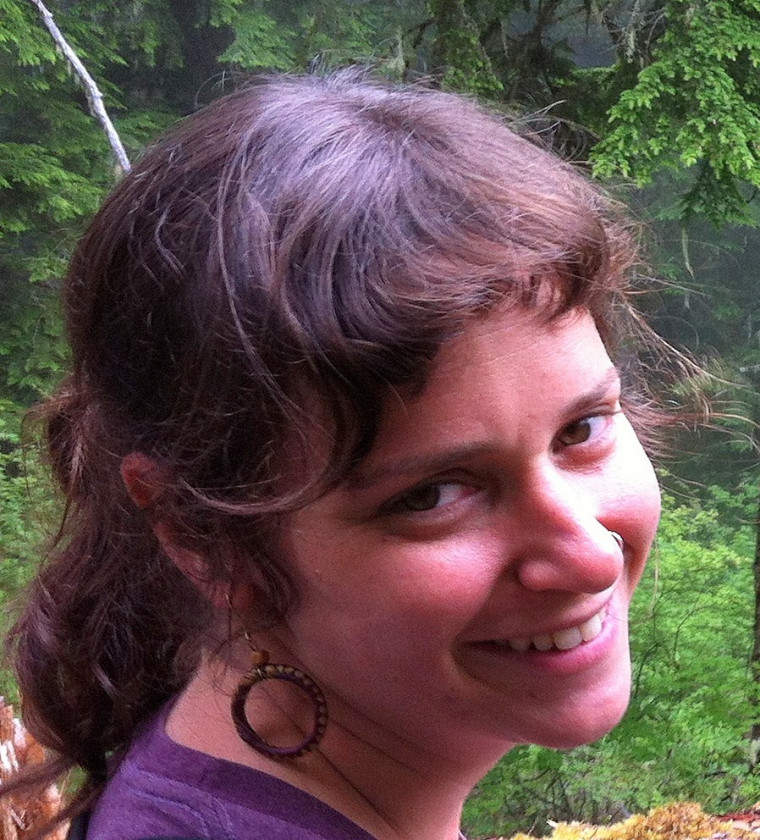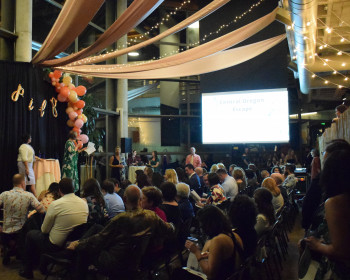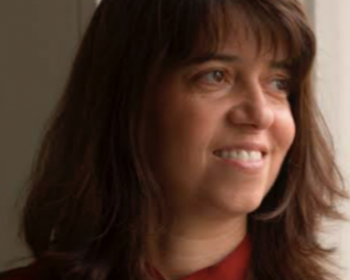Lori Ann Burd
2007
Open gallery

Thanks to PILP, I was able to work for the Center for Food Safety (CFS). CFS is a nonprofit public interest and environmental advocacy organization which challenges harmful food production technologies and promotes sustainable alternatives. CFS combines multiple tools and strategies in pursuing its goals. This includes litigation and petitions for rulemaking, legal support for various sustainable agriculture and food safety constituencies, as well as public education, grassroots organizing and media outreach. CFS won two major lawsuits this past spring, one reregulating GE alfalfa and one declaring a past field trial of GE Bentgrass illegal, so I came to CFS at a very exciting time. I went to law school to gain legal tool to promote sustainable agriculture and food security, so working for CFS was my dream job.
CFS’s works on a wide breadth of issues. During my 10 weeks, CFS worked with a coalition of public interest groups to put an end to the growing of genetically engineered crops in a National Wildlife Refuges. CFS wrote a number of comments on administrative actions to APHIS (the part of USDA that regulates most genetically engineered (GE) crops). It convinced the Federal Trade Commission to ignore Monsanto’s request that it sanction dairies for labeling milk as healthy for being free of the GE growth hormone rBGH. CFS commented on why irradiated food should be labeled irradiated and not just “pasteurized,” issued a comprehensive report on farm raised salmon, and initiated significant dialogue about the dangers of unregulated nanotechnology.
My daily activities varied greatly. Of course, I spent most of my time engaged in legal research and memo writing. I also had the chance to engage with coalition partners and learn more about the inner workings of a very effective pubic interest group. Some of my work involved research on specific instances of field trial approval or deregulation of GE crops to determine whether regulatory agencies complied with environmental laws. I also accompanied our senior attorney to court, where he eloquently argued against proposals by Monsanto, one of its seed distributors and APHIS when they sought to hide vital information on GE alfalfa field locations needed by farmers and distributors. We also went to the state capitol to testify on a state bill to label meat from cloned animals. Best of all, I had the opportunity to work with some really incredible people. My bosses were dedicated public interest attorneys and wonderful people. From them I learned professional skills such as legal strategy and how to write and present my ideas to attorneys. My deepest gratitude goes to PILP and its dedicated volunteers for allowing me to have this experience.
More Public Interest Law Project (PILP) Stories
Public Interest Law Project (PILP) is located in McCarty Classroom Complex.
MSC: 51
email pilp@lclark.edu
voice 503-768-6782
fax 503-768-6729
President: Natalie Hollabaugh
Auction Directors: Faith Fox & Hanah Morin


